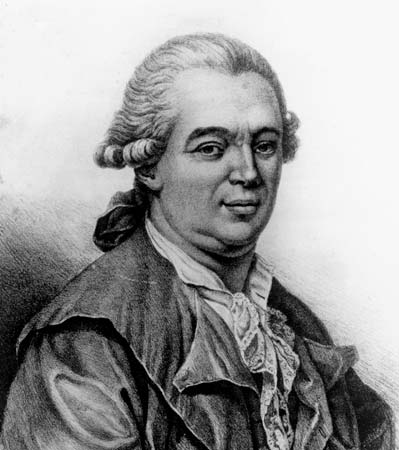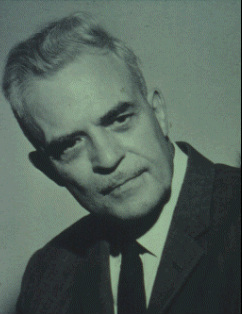So what is Hypnosis really?
You and I may have some ideas, yet what hypnosis really is, is pretty much misunderstood.
What is hypnosis?
Hypnosis could be considered a social interaction in which one person responds to suggestions given by another person (the hypnotist) for imaginative experiences involving changes in perception, memory, and the voluntary control of action.
Who does what to whom?

In older times, hypnosis was something that someone else did to you and you were subject to the hypnotist. You were mesmerised! That all came about after the advent of Franz Anton Mesmer‘s immersion into what is known today as hypnosis. Mesmer claimed that it was his (or at least the Practitioners), power that made the difference in the interaction and that the client was subject to that power. That didn’t make him very popular and he soon got branded as a fake and discredited in practising.
Before Mesmer, where did hypnosis come from?
The origins of hypnosis extend back to the ancient temples of Aesculapius, the Greek god of medicine, where advice and reassurance uttered by priests to sleeping patients was interpreted by the patients as the gods speaking to them in their dreams. In modern times, hypnotism is officially all self-hypnosis. In other words, it’s up to the client to agree (consciously & unconsciously) to take on board the energy and/or suggestions that the hypnotist supplies. So, simply, hypnotism is a person taking on a suggestion and letting it interact with their inner world to create a result.
Traditionally hypnosis is a closed-eye-affair. The breathing will be slowed and the muscles will relax. The body will begin to enter a semi-sleep state. Yet we can now perform what we call waking trance states. You’ll see Derren Brown performing these all the time. It’s also what we now developed into what we call NLP.The ability to “get inside” a person and perform virtual surgery on memories and behaviours is very hypnotic. Just in reading this piece, you will be performing a reading trance. Most actions, if fully committed are hypnotic in essence.
Hypnosis has been used as a psychological treatment for a variety of illnesses with huge success. While we are not allowed to say that hypnosis cures physical disease, it can be said to be used to enhance relaxation and alleviate pain and other physical discomforts, and therefore they may make a positive contribution to the overall quality of care and of life. For example, I have worked with personal clients and helped them to release asthma, chronic fatigue syndrome, hay fever, cancer and many other ailments, yet we agree that our services are to assist the client to do it for themselves!

The person that took Hypnosis from the crazy dangerous to now accepted by the NHS is Milton Erickson. Erickson developed the idea from authoritarian hypnosis to suggestive hypnosis, a huge leap of determining client and practitioner locus. Instead of telling his clients what to do and when, he merely suggested that they could do it, perhaps, and they may want to change.... That was a huge breakthrough for the whole hypnotherapy world and now most people are interested in hypnotherapy or hypnosis and usually excited as well.




